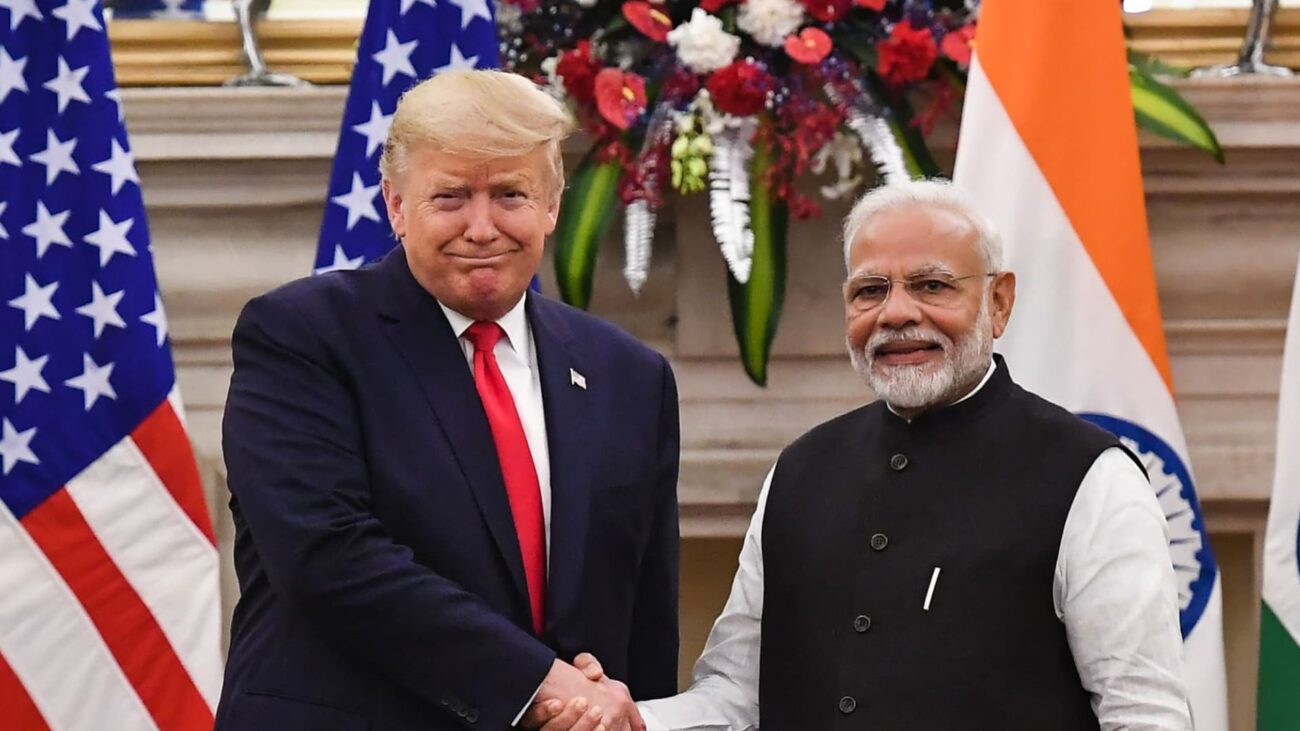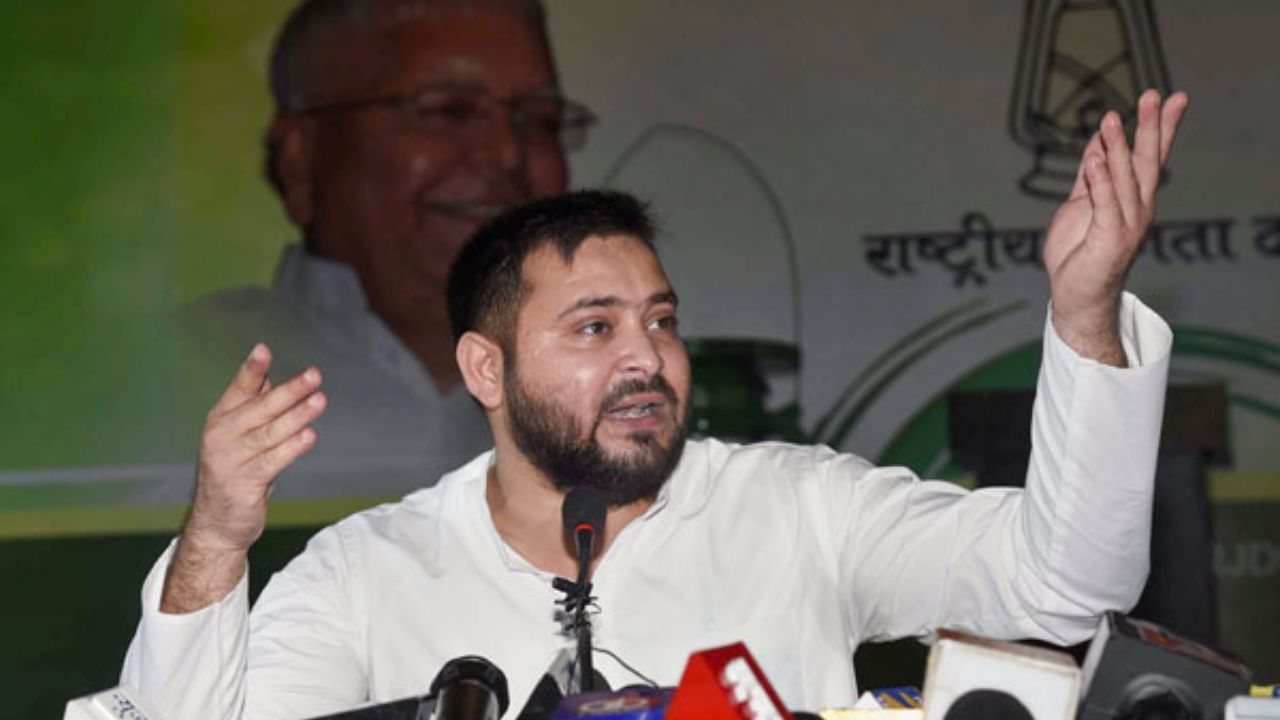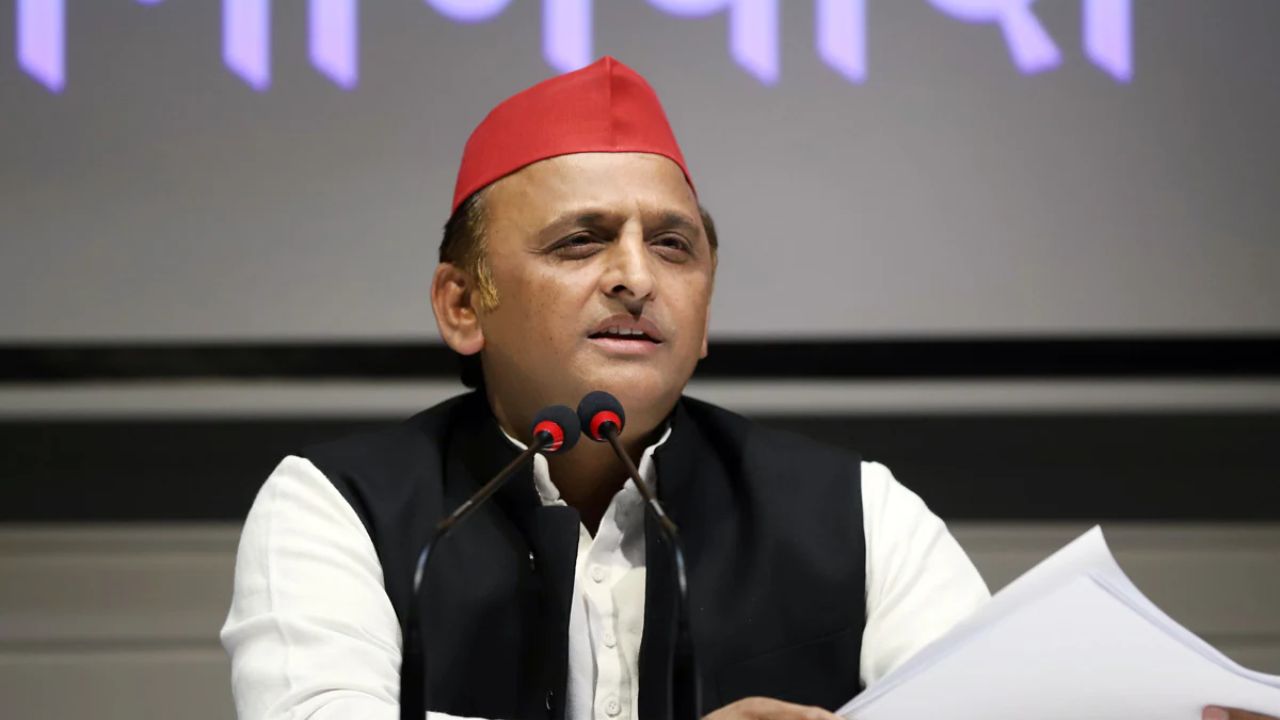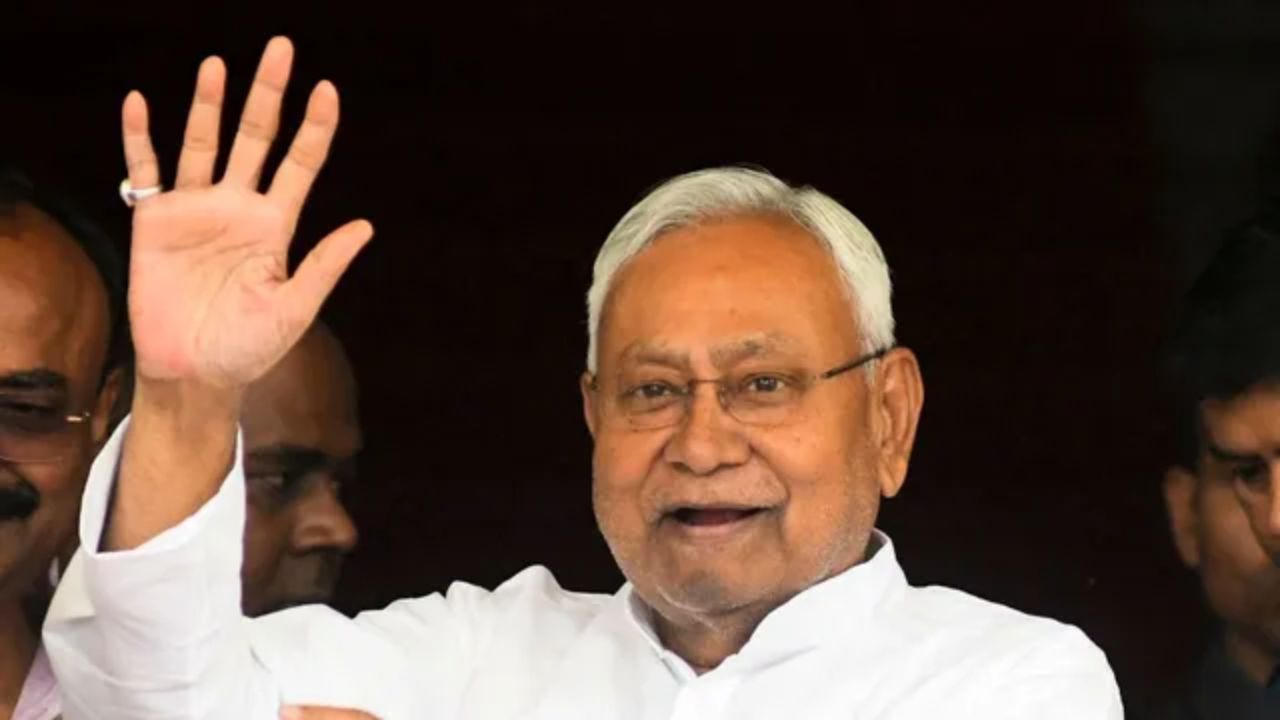“How Donald Trump’s 2024 Election Win Might Affect India: Trade, H-1B Visas, Defense Ties, and Global Relations”
Strengthening US-India Relations Under a Potential Trump Administration Donald Trump’s 2024 presidential campaign includes a clear commitment to bolstering the relationship between the US and India. His recent Diwali message on X reiterated his intention to

Strengthening US-India Relations Under a Potential Trump Administration
Donald Trump’s 2024 presidential campaign includes a clear commitment to bolstering the relationship between the US and India. His recent Diwali message on X reiterated his intention to enhance the partnership with India, referring to Prime Minister Narendra Modi as a “good friend.” This message also came against the backdrop of rising religious tensions in South Asia, as Trump condemned recent violence against Hindus and other minorities in Bangladesh. Reports indicate that hundreds of Hindus have suffered attacks in the predominantly Muslim nation, escalating regional tensions.
Trump’s remarks are timely, given the recent political shifts in Bangladesh following the ouster of Sheikh Hasina, who has since sought refuge in India. This development adds layers to South Asia’s complex geopolitical landscape, where India’s role as a stabilizing power could align closely with US interests under a Trump-led administration.
Past and Present: The Trump-Modi Relationship
Trump’s message to the Indian diaspora is not only strategic but serves as a reminder of the strong rapport he and Modi share. This connection was powerfully demonstrated at events like the “Howdy, Modi!” rally in Texas in 2019, with an estimated 50,000 attendees, and the 2020 “Namaste Trump” event in Gujarat, where over 120,000 people gathered to welcome the then-US president. These events highlighted the alignment between Modi’s “India First” and Trump’s “America First” policies, both prioritizing national interests and economic growth.
Economic and Trade Policies: A Focus on American Interests
A Trump administration is expected to prioritize US-centric trade policies, which could mean urging India to reduce its trade barriers or face higher tariffs. This approach might impact key Indian export sectors like IT, pharmaceuticals, and textiles. While Trump has previously criticized India’s high tariffs, describing India as a “big abuser” in trade, he has also spoken favourably of Modi as a “fantastic man.”
However, Trump’s focus on reducing dependence on China could provide India with new economic opportunities. Should US companies look to relocate their supply chains, India could attract investments and partnerships if favourable policies are put in place. This shift could boost India’s manufacturing and export sectors, especially if Trump’s policies encourage American businesses to diversify away from China.
Defense and Security: Deepening Strategic Partnerships
Trump’s policies on defence and security align closely with India’s regional concerns, especially regarding China. Under his previous administration, Trump strengthened the Quad Alliance, a strategic security partnership between the US, India, Japan, and Australia, aimed at countering China’s influence in the Indo-Pacific. A renewed Trump administration could further deepen this partnership through joint military exercises, increased arms sales, and advanced technology transfers, all of which could enhance India’s defence capabilities amidst rising tensions with China and Pakistan.
Immigration and H-1B Visa Policies: Impacts on Indian Talent
Trump’s previous stance on immigration included stricter policies on the H-1B visa program, affecting a significant number of Indian professionals in the US. If these restrictive policies return, they could challenge Indian workers’ access to high-skilled jobs in the US, particularly in the tech industry, which relies heavily on Indian talent. This shift might also prompt Indian tech firms to consider other global markets or increase domestic hiring to mitigate the effects of limited access to US opportunities.
Geopolitical Influence in South Asia: A Balancing Act
Trump’s foreign policy in South Asia could have significant implications for India’s regional interests. Although he has been willing to work with Pakistan in the past, Trump has consistently emphasized accountability in counter-terrorism measures. His “Peace through Strength” approach suggests a stronger stance against terrorism and extremism, which could complement India’s security objectives and foster a balanced US approach to South Asia.
Additionally, Trump’s condemnation of recent violence against Hindus in Bangladesh could indicate a tougher stance on regional religious and ethnic conflicts, which may align with India’s concerns over stability in neighbouring countries. This focus on security and counter-terrorism could further cement the US-India partnership under the Trump administration.
Conclusion: Navigating Opportunities and Challenges
A Trump victory in 2024 could present both challenges and opportunities for India across trade, defence, and geopolitical influence. His administration would likely push for more US-centric trade policies, affecting India’s exports and opening doors for greater investment as American companies diversify away from China. Enhanced defence cooperation could strengthen India’s security position in the Indo-Pacific, while immigration policies might challenge Indian professionals but encourage domestic growth.
Overall, a Trump-led US-India partnership would reflect both leaders’ nationalist visions and shared goals in a rapidly shifting global landscape. The relationship could evolve with a focus on strategic alignment, balancing domestic interests with the broader geopolitical realities in South Asia.





